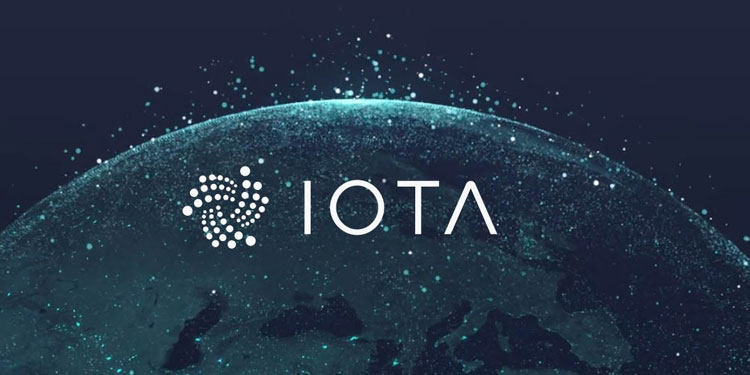
The IOTA Foundation stated in a blog article, “The IOTA Foundation has been chosen as one of seven initiatives from more than 30 proposals to partake in the first round of the EU blockchain pre-commercial procurement activities.” This project seeks to provide innovative DLT solutions to enhance the scalability, energy conservation, and safety of EBSI, an infrastructure of blockchain nodes located throughout Europe. If IOTA is chosen for the subsequent stage, it would be perhaps one of the solutions developed and trialed with key European services.”
Tangle, an open-source distributed ledger technology (DLT) platform, is managed by the IOTA Foundation, a non-profit organization. The European Blockchain Partnership founded the EBSI two years back as a network of nodes with the primary goal of improving and maintaining the effectiveness of dealings in the EU as well as improving the movement of citizens, businesses, and products in the region while mitigating the environmental effects.
All while abiding by area laws. With it can be stepped up,in addition to being a open-source, decentralized, and interconnected technology, IOTA appears well-suited to the job. Although it is open-source, it may be changed to conform to the European Union’s data-distribution rules.
IOTA technology, along with enabling a large count of nodes and fast processing, is compatible with the European Green Deal due to its great performance. The EU and people from the European Blockchain Partnership will operate the EBSI nodes.
“We are extremely pleased about going ahead in the competitive EBSI procurement cycle, and we feel fantastic about our prospects to perform a key role in introducing distributed ledger technology to European governments,” said Dominik Schiener, Co-Founder and Chairman of the IOTA Foundation. Both technologically and philosophically, EBSI is a perfect match. There is no need to modify a current blockchain or begin creating a second solution to meet EBSI’s requirements. Our fundamental technology already provides a fairly close fit to the stringent criteria and exact standards for a European ledger backbone, and it is suitable for broad deployment with just minor modifications.”
The Foundation was one of the first 30 blockchain and decentralized ledger technology companies to seek for a spot in the venture, which was launched in the final leg of 2020. With ESBI clearance, the initiative will launch a two-year trial plan that will include a number of knockout stages. Approximately 6.2 million Euros are anticipated to be awarded to the seven selected projects during the course of the trial.
The experimental plan comprises a one-year stage in which just two ventures will withstand rigorous examination and advance to the second stage. The framework and apps created in the first stage will be evaluated in the second stage. Successfully completing all exclusion stages will result in a 1.6 Euro service charge and the chance to collaborate with the EU on its DLT initiative.